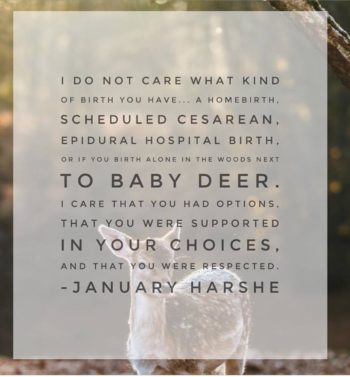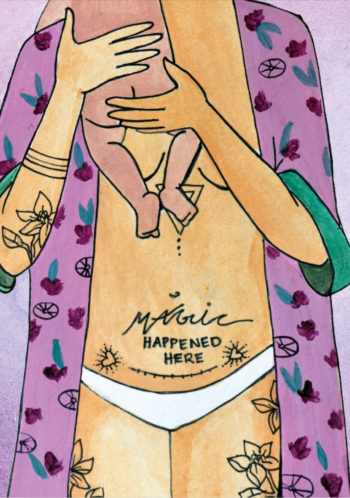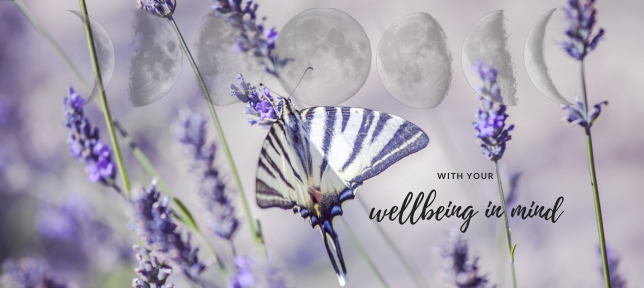 I have mixed feelings about clubs. I never was a Girl Scout, in choir or on sports teams as a kid. I was a dancer though, but that doesn’t seem like the same kind of club or group like the others. For one thing, the rules and homogeneity that seemed to go along with it felt too forced. And just because one kid likes to play soccer, that doesn’t mean she likes the same music or food as another. And it felt like we had to be the same all the time, like Stepford Wives. I could be wrong though.
I have mixed feelings about clubs. I never was a Girl Scout, in choir or on sports teams as a kid. I was a dancer though, but that doesn’t seem like the same kind of club or group like the others. For one thing, the rules and homogeneity that seemed to go along with it felt too forced. And just because one kid likes to play soccer, that doesn’t mean she likes the same music or food as another. And it felt like we had to be the same all the time, like Stepford Wives. I could be wrong though.
One club I never thought I’d join is the C-Section Club. Looking back, i guess it was inevitable: my mom is a 2-time club member herself. I know that cesareans are not exactly hereditary or contagious but it sure seems like they are. Friends who gave birth right before I did also had c-sections. A distant relative on my partner’s side said after the birth, “well of course she (meaning me) had a cesarean, look how small she is (I’m 5”1)!”
And yet I kept turning a blissful and determined eye away from allowing a c-section to be an option. I chose not to fully integrate the conversations about c-sections that were happening at my birth prep class. I skimmed over those chapters in the books I had.
Fast forward to the weekend of the birth of my first child. After 36 hours of early labour, a part of me knew the birth I wanted wasn’t going to happen. A part of my body also trusted that what I was feeling was not within the realm of normal. And yet when my care was transferred from midwife to OB, I was resistant. Who was this person to me? I’ve never met her and she surely did not know my birth plan or dreams. When she confirmed that I was not progressing at stage 2 (what the fuck does the mean anyway!?), they strongly suggested I get an epidural. And then a c-section a mere few hours later. I wish I trusted my body just needed to rest, and that my sweet baby was so eager to meet me so got stuck in the canal, and that my body got swollen from his eagerness. While the decision was ultimately mine, one thing I struggled with is that I never felt a bond or trust in this doctor. And that she did not have my best interest in mind. This is when my birth story turned from something sacred to something hard: I lost my voice and trust in what my body could do. Because I was told I couldn’t do it.
This post is not necessarily a birth story of my first (I did share a bit here), but rather a chance to acknowledge how some of us feel when we don’t get the birth we want. It’s a place to start that work. I know a lot of us feel like the end result of healthy baby healthy parent is paramount, and yet I can’t minimize the mixed feelings we experience when we go through an experience that is out of our control.
Since it’s Cesarean Awareness Month, I wanted to take a moment to acknowledge that each birth is unique, sacred and magical. They are also scary, painful and intense. Most of all, each is real and natural. I hate how vaginal births or unmedicated births are sometimes mistakenly called natural births, like medically supported or c-sections are any less natural. In an article full of helpful tips for people who are pregnant, Erica Chidi Cohen, one of the founders of Loom (an amazing pregnancy, parenthood and reproductive health clinic in LA) shared this great thought:
We need to stop using the term “natural birth.” The concept of natural birth is divisive and inherently competitive. All birth is natural. It’s as simple as that. If you want to have the intense sensations of labor and you’re coping well, go for it! If you have a hard time with pain or you have bad associations from trauma, that’s totally okay. You have the inherent right to choose how you want to navigate your birth experience, and those choices should be free of judgment. You should be celebrated for moving through the process of pregnancy and birth, however it unfolds, unmedicated, medicated or cesarean. THERE IS NO UNNATURAL BIRTH. It’s not Westworld. It’s all natural.
I also really love the work of January Harshe and the Birth without Fear movement. The quote above is one of my fave ones from her. And yet so many of feel pressure to birth a unicorn.
 Here’s why our well-intentioned comments about someone else’s experience can be problematic: it doesn’t take into account their potential birth trauma and how it’s linked to consent and body trust issues. We hear about birth trauma that relates to obviously upsetting experiences of injury or even infant death. But another type of birth trauma is one where the birther has their voice taken from them, and instead the medical expert is calling all the shots. When some of us have experienced sexual violence and later in life get pregnant, this new experience can bring up former body memories and triggers.
Here’s why our well-intentioned comments about someone else’s experience can be problematic: it doesn’t take into account their potential birth trauma and how it’s linked to consent and body trust issues. We hear about birth trauma that relates to obviously upsetting experiences of injury or even infant death. But another type of birth trauma is one where the birther has their voice taken from them, and instead the medical expert is calling all the shots. When some of us have experienced sexual violence and later in life get pregnant, this new experience can bring up former body memories and triggers.
We are also told that our bodies are meant to birth babies, and there is an assumption that people who birth vaginally are stronger. Not only did my body not fail me, I am incredibly strong because I grew humans in my body and then birthed them. And yet, I like so many others are made to feel inadequate, scarred and less than. We are already at odds the day we become parents when we birth via C-section; talk about being set up to fail.
So this month is all about honouring our path to birth babies and to be recognized for the hard work it is to have such major surgery on our baby’s first day earthside. I wear my scar proudly – to me it’s not a battle scar but a reminder of my strength and resilience. I’ve reclaimed it and it works for me.

